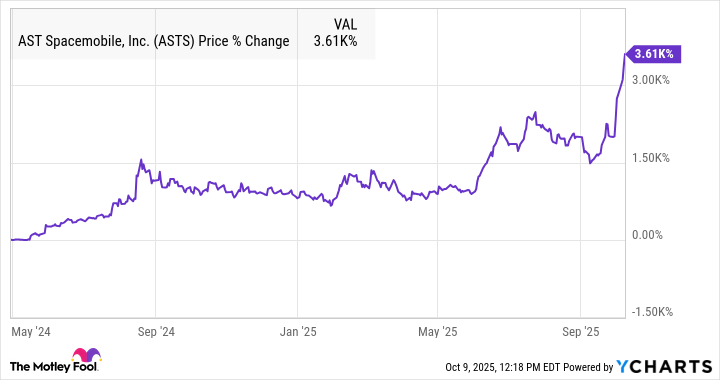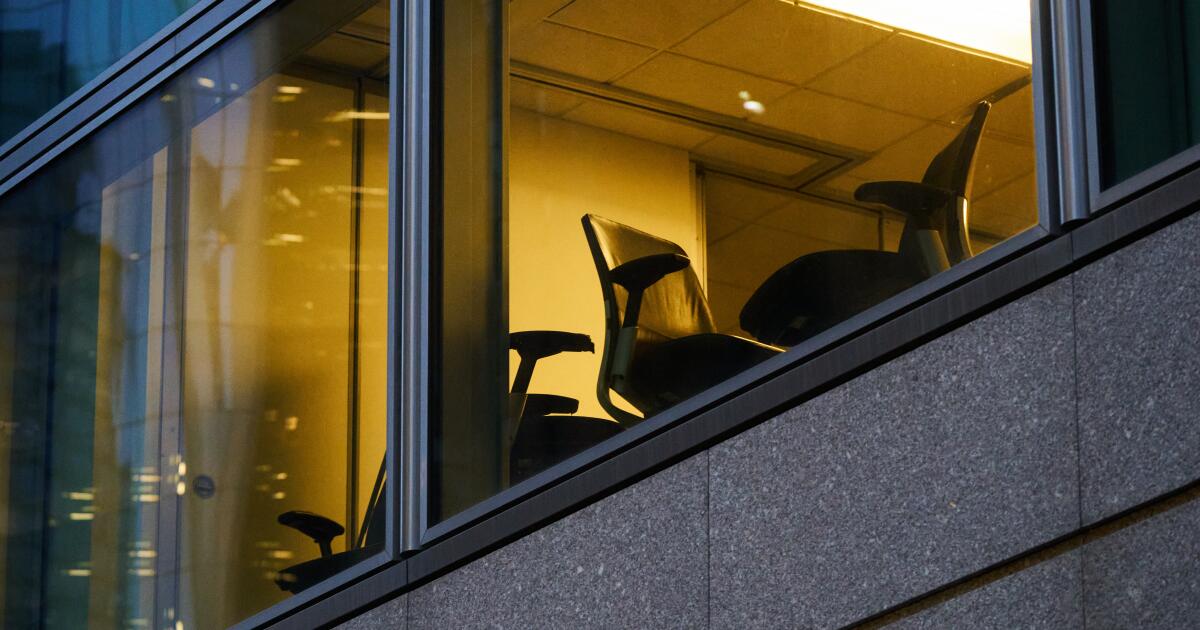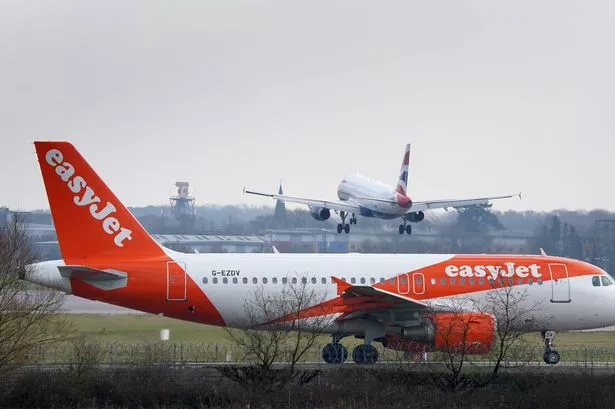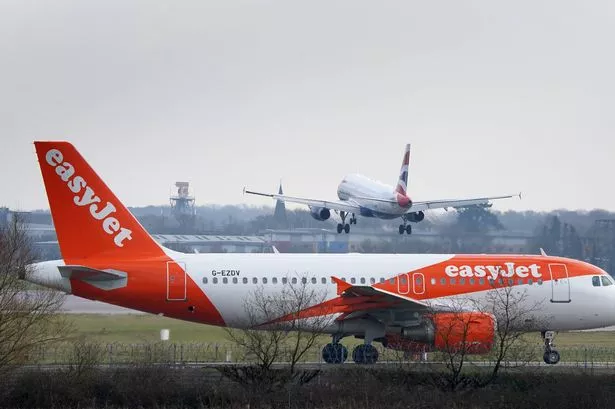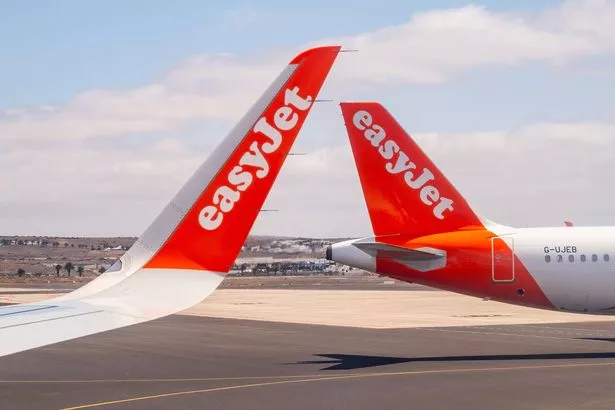Kenton Jarvis, chief executive of the Luton-based carrier, has warned that the industrial action is presenting “unacceptable challenges” – with 70% of flights affected
EasyJet’s chief, Kenton Jarvis, has slammed the recent French air traffic control (ATC) strikes, labelling them as a source of “unexpected and significant costs for all airlines” and deeming the disruptions “unacceptable challenges”.
The Luton-based airline’s boss expressed his frustration after tens of thousands of passengers faced chaos due to the walkouts by French ATC staff on July 3 and 4 over working conditions. Both flights operating to and from French airports and those scheduled to pass through French airspace were thrown into disarray.
Each day, an average of around 3,700 flights in total were delayed and 1,400 were canceled, according to a report from Eurocontrol, the central organisation for air traffic management on the continent.
“An ATC strike in France has the potential to impact a third of flights across the continent, showing the disproportionate impact that disruptions in one busy country can have on the European network as a whole,” Eurocontrol wrote in its report.
READ MORE: Holiday win as Brits allowed to use e-gates again in another major EU country
Ryanair also felt the sting, with another strike on Wednesday throwing a spanner in the works for the travel plans of 30,000 customers. The airline’s boss Michael O’Leary has long been a critic of the French ATC unions.
While the unions haven’t announced any further action, it’s likely there may be more strikes, given the long running nature of the dispute. UNSA-ICNA wants pay rises in line with inflation following a 2023 agreement, as well as more staffing and better working conditions.
Mr Jarvis vented: “We are extremely unhappy with the strike action by the French ATC in early July, which as well as presenting unacceptable challenges for customers and crew also created unexpected and significant costs for all airlines.”
He pointed out that French ATC strikes have been the primary culprit behind easyJet flight delays since the onset of summer. Describing the early July industrial action as “very, very disruptive”, Mr Jarvis revealed it led to the cancellation of 660 flights and inflicted a £15 million dent in their finances.
With around 70% of easyJet’s flights either heading to or from a French airport or traversing France’s airspace, the impact is potentially very substantial. Despite having “very strong measures in place to protect our operations” and an improved punctuality record, Mr Jarvis admitted that these efforts fall short when “no measures will cope when French airspace effectively closes”.
READ MORE: Savvy holidaymaker makes £560 by booking another ticket at the airportREAD MORE: Foreign Office tells Brits to keep copies of essential travel documents at home
He remarked: “What we have to do is demand that the French government steps in and really works with their ANSP (air navigation service provider) because it has been the worst-performing air traffic control area in Europe, and they get ahead of it and do some long-term measures.
“More recruitment into the tower for controllers, protecting over-flying, using AI and data that’s available nowadays to improve the life of the controller. We’re asking for improved actions, but at easyJet we’ve made a lot of investment into our resilience.”
The budget airline easyJet has felt the pinch with a £10 million blow due to the recent surge in fuel costs. The carrier celebrated a headline pre-tax profit of £286 million from April to June. This marks a £50 million boost from the same period last year.
EasyJet reported that it transported 25.9 million passengers from April to June, marking a 2.2% increase compared to the same period last year.
